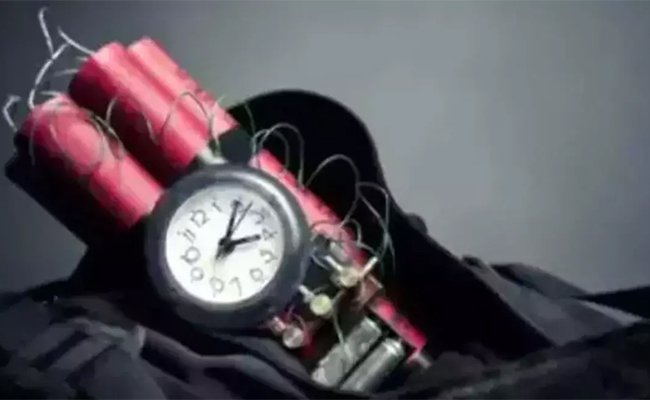London: Indian tennis player Rohan Bopanna, hailing from Karnataka, brought double joy to Kannadigas as he secured a victory in the Wimbledon Men's Doubles match. Adding to the jubilation, Wimbledon itself extended congratulations to Bopanna in Kannada, the native language of the Karnataka region.
Bopanna, partnering with Matthew Ebden from Australia, advanced to the pre-quarterfinals of the Wimbledon Men's Doubles by defeating Johannus Monday and Jacob Fearnley in their match on Monday.
The official Twitter account of Wimbledon shared a congratulatory message, referring to Rohan Bopanna as "India's superstar." The inclusion of a message in Kannada by the prestigious tennis tournament thrilled Kannadigas, who rejoiced at seeing their language represented on the global stage. Bopanna himself expressed his gratitude to Wimbledon in Kannada.
The achievement of Rohan Bopanna, alongside his Australian partner, has garnered praise and celebration from tennis enthusiasts, particularly those from Karnataka who take pride in their local hero's success. The recognition by Wimbledon in the native language of the player's home state further adds to the significance of this accomplishment.
Let the Truth be known. If you read VB and like VB, please be a VB Supporter and Help us deliver the Truth to one and all.
Mangaluru (Karnataka) (PTI): A bomb threat email sent to Lourdes Central School on Thursday triggered a major security operation, with police and bomb disposal squads conducting a thorough search of the premises, authorities said.
The email, received late on Wednesday night, warned that a bomb would explode at 9 am.
Upon receiving the alert, personnel from the Kadri Police Station rushed to the school along with the bomb detection and disposal squad.
A comprehensive inspection of the campus was carried out, police said.
Dog squad teams were also deployed to assist in the search operation to ensure that no suspicious object was left unchecked, a senior police officer said.
Authorities said similar threat emails have recently been sent to other locations in the state, including the Dharwad Court Complex and the Mangaluru Court, prompting heightened vigilance.
Preliminary investigations indicate that the sender names used in the emails appear to trace back to Tamil Nadu, though the authenticity of the identities is yet to be verified.
Further investigation is underway.





